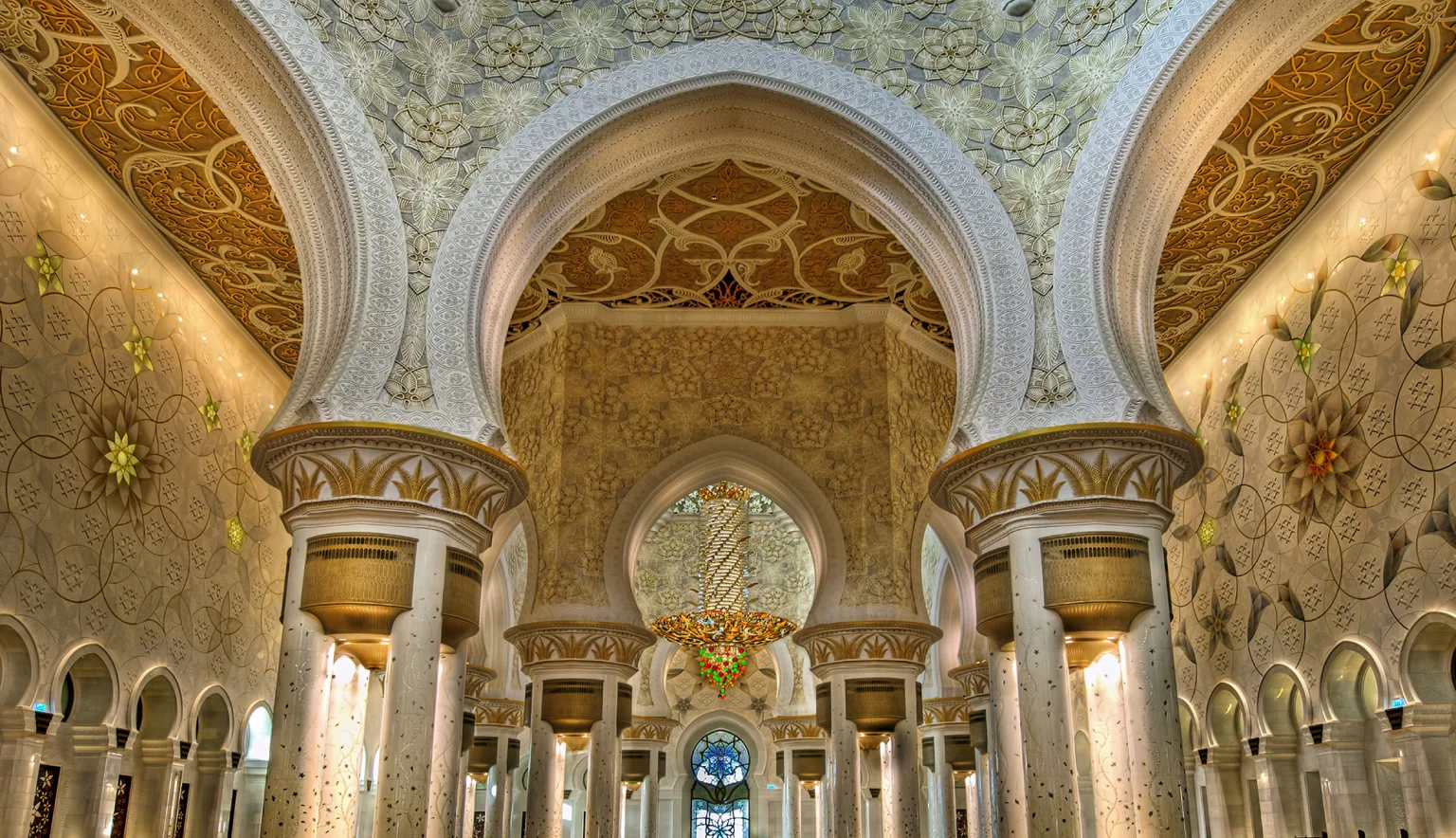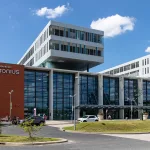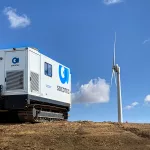Arabian Construction Company continues to build iconic structures across the Middle East, not least in Dubai where it is on track to deliver a series of landmark projects.
UNCONSTRAINED CREATIVITY
Standing out from the crowd has never been more important in the realm of construction.
A sector in contraction in many parts of the world, the ability to differentiate is key to securing success in ever competitive tendering processes.
The Middle East, although in a healthier financial state than some other regions, is not immune to the challenge of increasing competition.
“Construction is recognised as a complex and difficult business due to the multitude of parameters which can affect the construction process,” comments Maher Merehbi, CEO of Arabian Construction Company (ACC).
“Added to this level of difficulty, the economy in the Middle East is in a downturn and this has an undeniable effect on construction. In such situations, the challenges of securing and realising projects increase dramatically.”
Dubai, a key focus for ACC, represents a market where opportunities remain largely abundant.
In 2018, some $30 billion worth of projects were awarded to contractors, while preparations for Expo 2020 continue at a momentous pace alongside the emirate’s push to develop into a truly smart city.
For Merehbi, places like Dubai offer the chance to realise long-held career ambitions.
“Engineering and construction were a career choice from my early academic years,” he explains. “The potential of realising physical projects catering to the everyday needs of people as well as outstanding landmarks made this field a very attractive proposition.
“ACC, being a prominent construction company in the region and a business partly owned by our family, fulfilled my career aspirations.”
MAKING MASTERPIECES
Indeed, the Merehbi and Mikati families have been running ACC ever since they founded it in 1967, completing a host of memorable projects along the way.
Such a portfolio is being added to with interest in Abu Dhabi and Dubai, hotbed for construction innovation and home to several ongoing developments.
The first is the Address Residence Sky View project, a multi-use construct comprising two towers sat on a three-level podium and linked by a skybridge and set for imminent completion.
The development is situated on a prominent plot of land in Downtown Dubai, uniquely characterised by a protruding cantilevered observatory deck with glass floor and roof, along with a hanging glass sky slide promising visitors breathtaking views of the city.
“The Sky View project was particularly challenging across several disciplines,” says Merehbi, “starting from a very constrained delivery schedule and location adjacent to Burj Khalifa’s busy metro station.
“The construction methods and logistics employed during the construction were also particularly challenging, especially the sky bridge linking both towers and sky walk observatory deck, which weigh 1,500 tonnes and 700 tonnes respectively. These were lifted into position using strand jacks with very slim tolerance margins.”
Once completed, the development will carry the extra convenience of being directly linked to the Dubai Metro and Dubai Mall via an air-conditioned travellator.
Another project for Address involves the construction of a three-tower residential complex featuring 786 serviced luxurious apartments and 194 hotel rooms built over a 12-storey Podium, part of which is an extension to Dubai Mall while the remaining part will house the car park facility.
Named Fountain Views and set for handover in August 2019, it is joined to the mall by a three-level link bridge which spans 80 metres in length and is 60 metres wide, built with more steel than the quantity used to build another prestigious landmark, the Eiffel Tower.
One of the greatest obstacles overcome was the logistics setup, made difficult by the very limited access to the complicated shape and location of the plot in the centre of Downtown Dubai.
“Furthermore, the pace of the project and its design made the execution of the works quite challenging,” adds Merehbi.
BUILDING PRODUCTIVITY
Delivering these projects, both in Dubai and elsewhere across the ACC footprint, is a central priority for Merehbi in the near term.
Beyond this, the company is considering expansion of its operations in India and parts of West Africa, a move which will require the smooth functioning of its wide network of suppliers and subcontractors from around the world.
It resembles a culture built up by ACC over time.
“Transparency and ethics are well anchored principles of the ACC procurement organisation and we have established relationships of trust and mutual respect within our supply chain,” explains Merehbi. “ACC procurement welcomes all suppliers who share its sense of commitment and work culture.”
Evolution of this network will also help ACC achieve its goals relating to productivity, something the CEO identifies as crucial to any wider regional industry progression.
“This is one of the main challenges facing the construction industry globally and requires the active implementation of new technology in various construction processes,” Merehbi continues.
“Additionally, the traditional procurement of construction services and the contractual environment in the construction industry must evolve. Construction accounts for approximately nine percent of the global economy, yet it has not sufficiently improved in productivity over the past 50 years.
“The construction industry affects virtually all aspects of society and the growth of the global economy and people’s wellbeing mandates the implementation of productivity enhancing technology and environmentally friendly innovations.”
However, Merehbi is confident the Middle East can act as a catalyst for the coming innovations.
The Chief Executive concludes: “The region is a very interesting area with a young and growing population. Construction is a strategic sector for us, and we are optimistic because of the existing demand and the fast pace of social and professional developments taking place.”
























